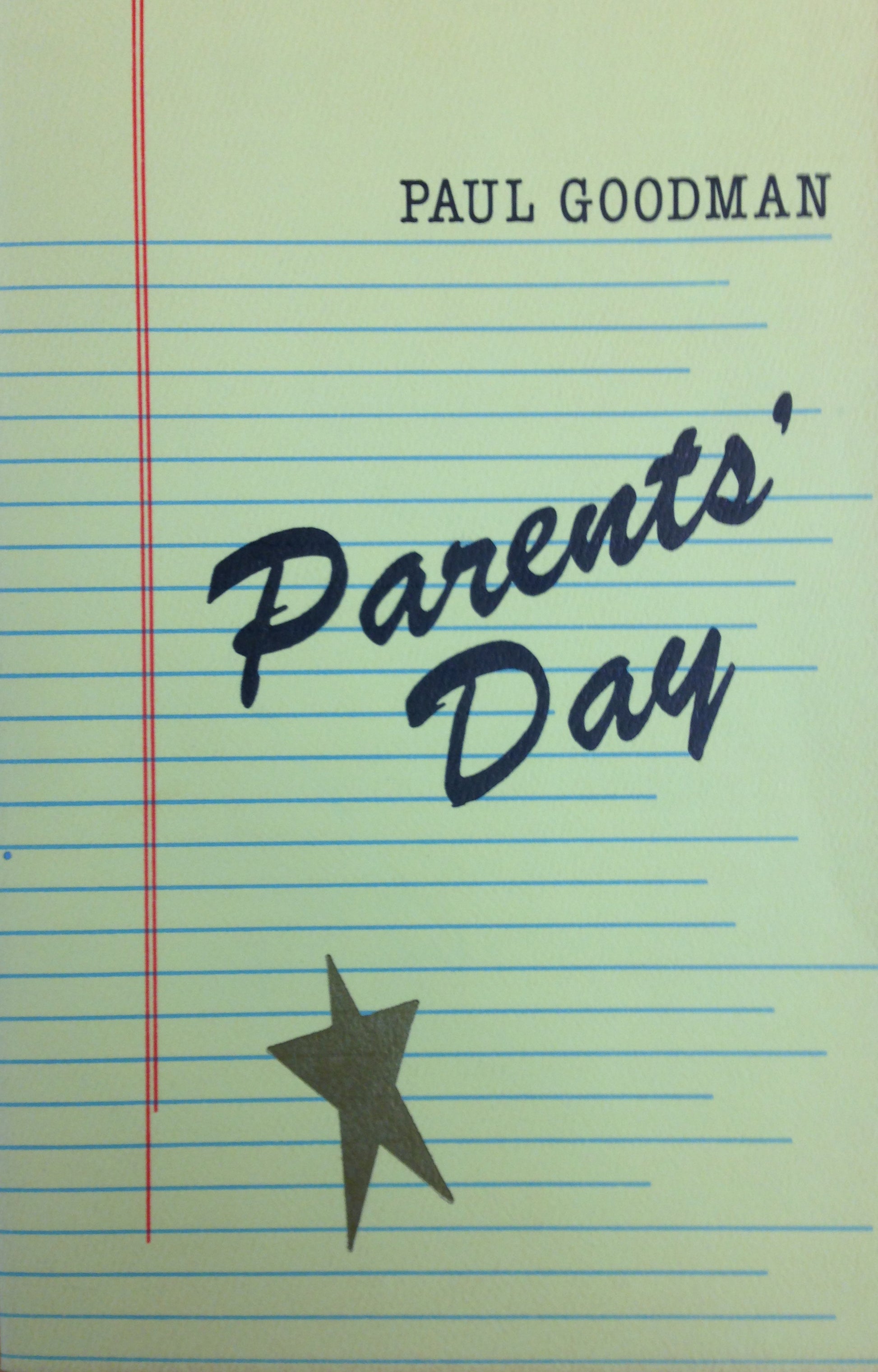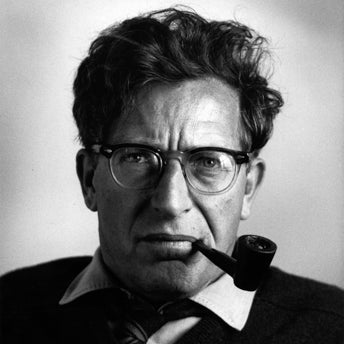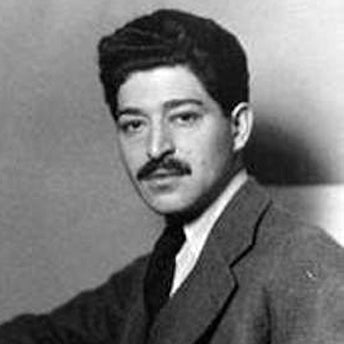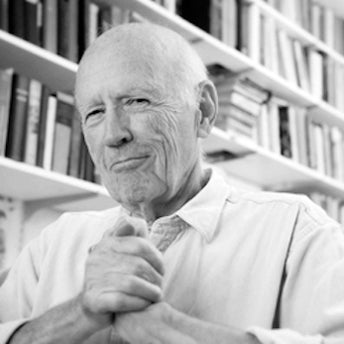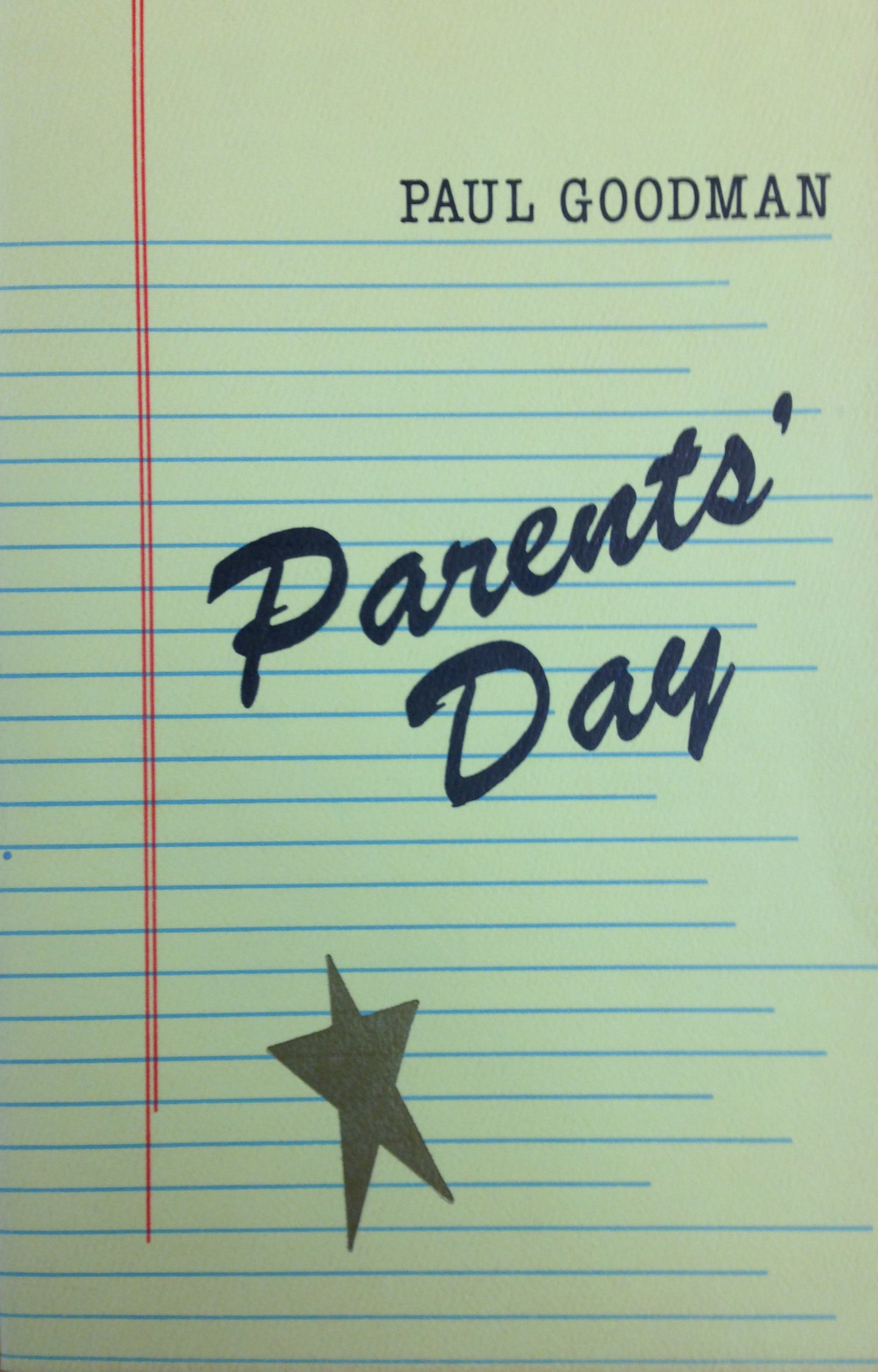
Like Goodman's Empire City, Parents' Day is the story of a young man in search of community, but the author's model here is not Cervantes, Brecht, or Rousseau but rather the Hawthorne of The Blithedale Romance. The nameless narrator of this notorious novel, first published privately in 1951 in an edition of five hundred copies, finds employment as a teacher in an idealistic, forward-thinking boys' school. As in Blithedale, the health of the group is the One Great Good, and that good is threatened at every turn by love between individuals. The narrator breaks the unwritten law of the group when he has a romantic affair—not with a fellow teacher, but worse: with a student. Once the narrator gives in to forbidden love, his sense of community grows dim, and in its place appears a vivid paranoid fantasy that the authorities are on his trail—as they will be, soon enough. What perversity is this that a man can yearn for the extinguishing of his self in perfect communion with others and yet, once he finds such perfect communion, can also yearn for expulsion from the group through acting on selfish desire?
Taylor Stoehr, in his brilliant afterword, says: "It is half the lesson of growing up that, apart from the world of damaged characters doing their best and their worst, there is no society, no community. Life is what it is. The other half of the lesson of growing up is that, just as there is no community apart from the society that we all inhabit, so there is no key, no solution, to the problem of one's own nature and fate." The great problem for Goodman's narrator is that, for all of his longing for community, his chosen community will not have him, not on his own terms—and he will accept no others. This is a life-problem worthy of exploration by a latter-day Nathaniel Hawthorne.
